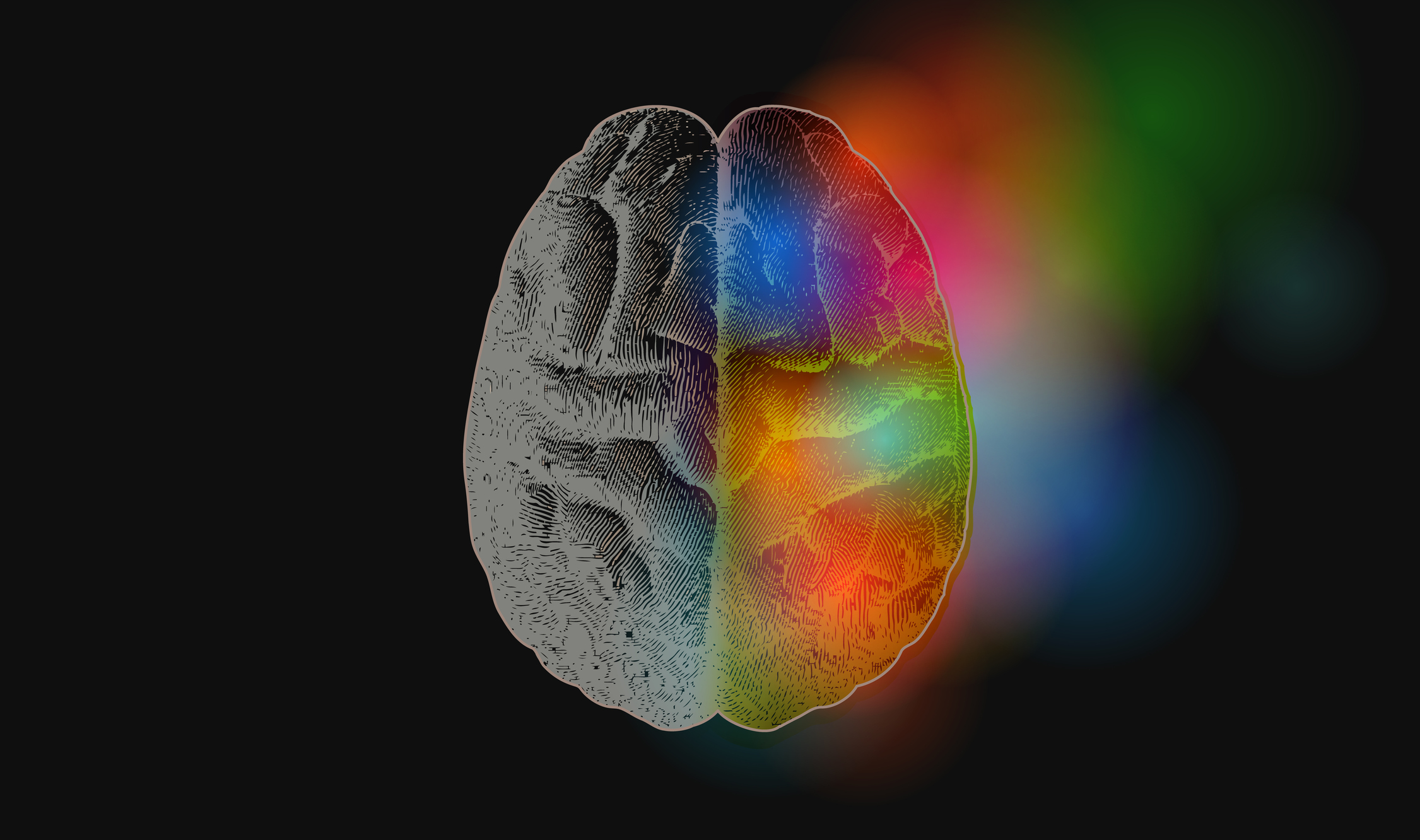
A group of neuroscientists from Johns Hopkins have recently found the drug MDMA to be a candidate in treating post-traumatic stress disorder (PTSD). Their findings, published April 3 in Nature, describe how the psychodelic drug can reopen a window in which the brain is sensitive to learning rewards of social behavior, known as the “critical period.”
Led by Gül Dölen, the study involved groups of mice enclosed in environments with different bedding. Several of the mice were then put together in one enclosure with a specific type of bedding for one day, then isolated by themselves in an enclosure with a different type of bedding for a day. The purpose in doing so was to associate different bedding types with companionship or isolation.
The mice were then alowed to wander between enclosures with the two bedding types and tracked how long they spent in each. More time spent in the bedding associated with companionship was indicative of increased social reward learning.
“We wanted to know if there was a critical period for learning social reward behaviors, and if so could we reopen it using MDMA, since this drug is well-known to have prosocial effects,” explained Dölen, assistant professor of neuroscience at the Johns Hopkins University School of Medicine. “It’s why people gather around the water cooler,” he continued, referencing the water cooler as a common place to socialize in the workplace.
Through their experimenting, Dölen and her team discovered that the critical period for social reward learning occurs around puberty in mice, and becomes less prominent once they are mature adults. The researchers gave the mature mice MDMA to see if they could reopen the critical period. 48 hours after the drug was administered and out of their systems, the mice were observed to see how they interacted. It was found that the mice treated with MDMA socialized in a manner resembling that of juveniles, forming positive associations between social interaction and bedding. The team observed this effect for two weeks after MDMA administration, and no such effect was seen in the control group.
“This suggests that we’ve reopened a critical period in mice, giving them the ability to learn social reward behaviors at a time when they are less inclined to engage in these behaviors,” stated Dölen.
READ MORE: FDA Approves Ketamine-Derived Nasal Spray Treatment for Depression
This reopened critical period was observed only in mice who were administered MDMA while with other mice, not if they were alone. The researchers claim that this may indicate that reopening critical periods using MDMA could depend on the social setting an individual is in.
In the two week period after MDMA injection that the mice were able to learn rewards of social behavior, Dölen and her team also found that the animals’ brains had altered oxytocin responses as well. Known as the “love hormone”, oxytocin functions in part to signal social rewards between neurons. In analyzing synapses, the scientists found that the mature mice given MDMA showed oxytocin triggering synapses that encode learning and memory, a phenomenon not observed frequently in mature mice.
Dölen notes that MDMA’s effect on opening one’s critical window could have a strong impact in treating psychiatric conditions, such as PTSD. One of the most important factors in treating psychological disorders is a strong bond between the therapist and patient, and if MDMA effectively opens the critical period for social reward, it could explain why the drug has been so successful in treating those with PTSD.
The FDA has currently granted MDMA “breakthrough therapy” status for treating PTSD, meaning that the developmental and reviewing processes of the drug are being facilitated by the agency. Though the common party drug has shown efficacy in treating human patients with PTSD, researchers note that MDMA may not be as effective in treating every psychological disorder regarding social behavior.
“As we develop new therapies or determine when to give these therapies, it’s critical to know the biological mechanism on which they act,” concluded Dölen.
It may lead to MDMA-assisted treatments for PTSD. https://t.co/nvVvJoydaP
— Futurism (@futurism) April 4, 2019
Source: Hopkins Medicine







 © 2025 Mashup Media, LLC, a Formedics Property. All Rights Reserved.
© 2025 Mashup Media, LLC, a Formedics Property. All Rights Reserved.